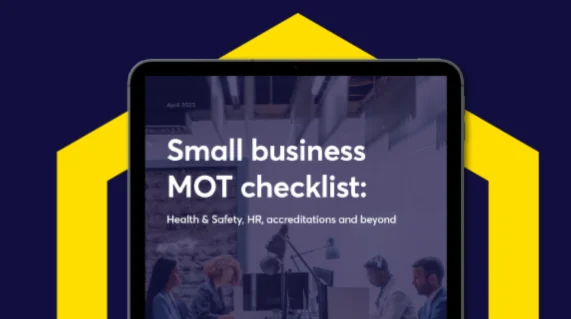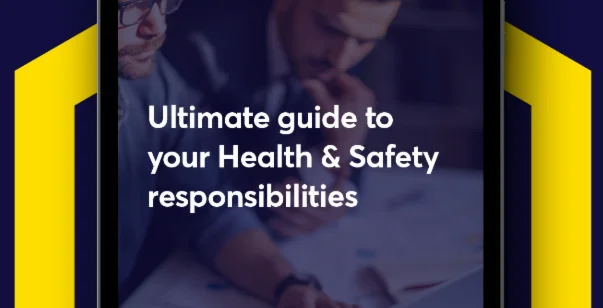Time off for family and dependents
Leave is one of the most misunderstood subjects for employers and employees alike. One of the most common reasons for this misunderstanding is taking time off for a dependent instead of emergency leave. Take a look at our emergency leave for dependents form which will provide a record of the absence and ensure that the employee has not abused their rights.
Your Rights
Employees are allowed to take time off to deal with emergencies involving dependants. A dependant can be a partner, spouse, parent, child, grandchild, or someone who depends on you for care.
How Much You Get
Employers should give you a reasonable amount of time off to deal with the emergency in question, but there is no set amount of time and every case should be dealt with on its own merit. There are no set limits on how many times employees can take time off for dependents. The employer can take time to talk with their employee if they think the time off is affecting their work.
Example
If your child falls ill and requires medical attention you could take time off to go to the hospital and make care arrangements. Your employer may then ask you to take either parental leave or annual leave, if you need to look after your child for a longer period of time.
Pay
Employers may pay you to take emergency leave, but they aren’t required to by law. Employees should check their employment contract, company handbook or with their HR department should they require clarification.
Exceptions
Employees will be refused emergency leave if they knew about the situation beforehand. An example of this could be if you wanted to take your child to a hospital appointment, your employee may give you parental leave instead. Employees are also reminded to check their employment status to see if they are classed as an employee.
Compassionate Leave
In the cases where employees aren’t given time off for dependants, the employer may allow compassionate leave which can be paid or unpaid for emergencies. Employees should check their employment contract, company handbook or HR department should they require clarification.
What is classed as an Emergency?
Employers can allow employees to take time off if a dependent is involved in any of the following emergencies:
Having a Child
Employees can take time off if a dependent goes into labour unexpectedly and they are relying on them to take them to the hospital. Employees can’t take time off for dependants after the birth, unless it’s an emergency. However, if the employee is a parent then they could be entitled to parental leave or paternity.
Illness or Injury
Illnesses include physical and mental that aren’t life threatening or need constant care. For example, it could be a pre-existing medical condition that has recently worsened. An employee can also take time off for a dependent that is either mentally or physically injured. An example of this could be if a dependent is mugged and is struggling mentally, so the employee needs to take time off to comfort them.
Disruptions to Care Arrangements
This can include the below points and also other disruptions that the employer deems a valid reason.
- A nursery or nursing home closes unexpectedly
- A carer or child minder fails to turn up to look after the dependent
- If Your Child is Involved in an Incident during School
Employees can get emergency leave for any of the following:
- The child has been involved in a fight
- The child has been injured on a school trip or in school
- The child has been suspended
Taking Time Off
Employees must tell their employers as soon as they need the time off. Employees don’t have to give written proof to their employer in the case of an emergency.
Problems
Employers must not:
- Treat employees unfairly for taking time off
- Dismiss or choose the employee for redundancy because of the time off
- Refuse a reasonable amount of time off
If you need any further advice regarding this, please get in touch with one of our employment law and HR experts today on 0114 241 7092.








